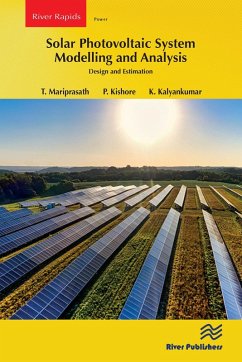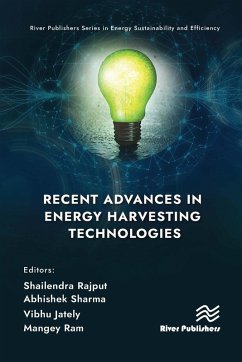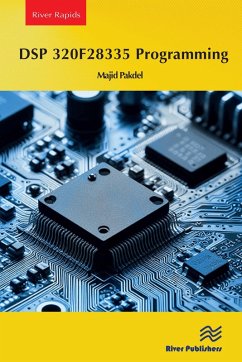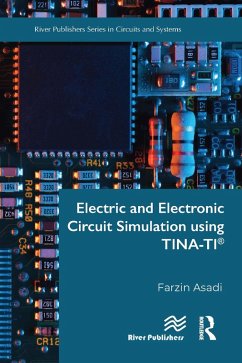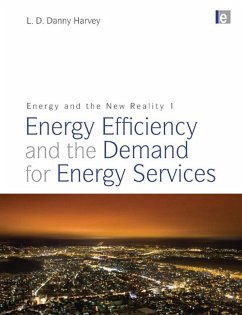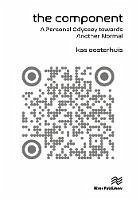
The Component (eBook, ePUB)
A Personal Odyssey towards Another Normal
Versandkostenfrei!
Sofort per Download lieferbar
49,95 €
inkl. MwSt.
Weitere Ausgaben:

PAYBACK Punkte
25 °P sammeln!
The Component: A Personal Odyssey towards Another Normal is the Oosterhuis' personal account of four decades of architectural and societal thinking, designing, building, and theorizing. It is an orchestrated yet non-linear series of subjects all leading toward the creation of a parallel world called "Another Normal."Another Normal is as of now a hypothetical parallel world. Nomadic international citizens are the inhabitants of Another Normal. Urged by the climate crisis, the food, energy, and water nexus, and the COVID-19 pandemic, Another Normal demonstrates the inevitable data-driven techno-...
The Component: A Personal Odyssey towards Another Normal is the Oosterhuis' personal account of four decades of architectural and societal thinking, designing, building, and theorizing. It is an orchestrated yet non-linear series of subjects all leading toward the creation of a parallel world called "Another Normal."
Another Normal is as of now a hypothetical parallel world. Nomadic international citizens are the inhabitants of Another Normal. Urged by the climate crisis, the food, energy, and water nexus, and the COVID-19 pandemic, Another Normal demonstrates the inevitable data-driven techno-social architecture of the physically built environment and the metaverse. Besides robotic production on demand of almost anything - when, where, and as needed - Oosterhuis' proposes a dozen strategies that run in parallel to establish Another Normal, among others: ubiquitous basic income, global birthright to own a generous piece of land, distributed production of healthy food, clean energy, and drinking water, ownership of private data and personal avatars in the Web 3.0, autonomous electronic transportation, ubiquitous shared responsibility for clean production and waste treatment techniques, ubiquitous home delivery, working from anywhere for any period of time, and decentralized real-time peer to peer banking. The organic real and the synthetic hyper-real co-evolve naturally in Another Normal, where a mix of strong and simple legislative, planning, and design rules create complexity, diversity, fairness, and equality.
Another Normal is as of now a hypothetical parallel world. Nomadic international citizens are the inhabitants of Another Normal. Urged by the climate crisis, the food, energy, and water nexus, and the COVID-19 pandemic, Another Normal demonstrates the inevitable data-driven techno-social architecture of the physically built environment and the metaverse. Besides robotic production on demand of almost anything - when, where, and as needed - Oosterhuis' proposes a dozen strategies that run in parallel to establish Another Normal, among others: ubiquitous basic income, global birthright to own a generous piece of land, distributed production of healthy food, clean energy, and drinking water, ownership of private data and personal avatars in the Web 3.0, autonomous electronic transportation, ubiquitous shared responsibility for clean production and waste treatment techniques, ubiquitous home delivery, working from anywhere for any period of time, and decentralized real-time peer to peer banking. The organic real and the synthetic hyper-real co-evolve naturally in Another Normal, where a mix of strong and simple legislative, planning, and design rules create complexity, diversity, fairness, and equality.
Dieser Download kann aus rechtlichen Gründen nur mit Rechnungsadresse in A, B, BG, CY, CZ, D, DK, EW, E, FIN, F, GR, HR, H, IRL, I, LT, L, LR, M, NL, PL, P, R, S, SLO, SK ausgeliefert werden.




